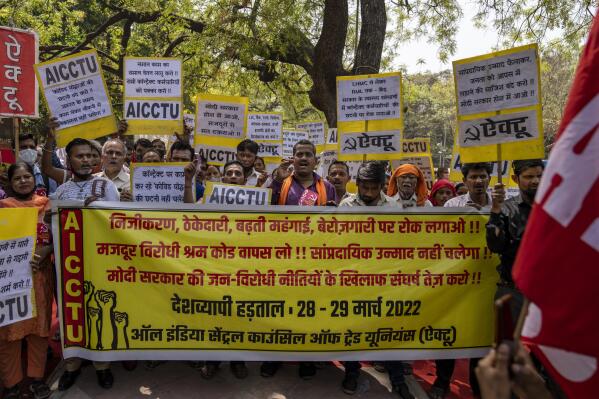In a stunning twist of the global automotive market, Suzuki Motor Corp has overtaken luxury giants like Mercedes-Benz to become Japan’s leading car importer as of June 2025. This achievement is largely driven by the overwhelming popularity of the Jimny Nomad, a model that has seen pre-orders skyrocket to nearly 50,000 units. However, beneath this glimmering surface of success lies a darker truth: the harsh realities faced by workers in Suzuki’s Indian manufacturing plants.
Suzuki’s Production Boom Fueled by Low Labor Costs
As reported by Bloomberg, Suzuki’s rise in the import ranks is closely tied to its manufacturing operations in India, where labor costs remain significantly lower than in Japan or other developed nations. This strategy not only maximizes profits for Suzuki but also raises critical questions about the treatment of workers who produce these vehicles. Labor rights activists have long pointed out that such cost-cutting measures often come at the expense of fair wages and safe working conditions.
Workers Left Behind in the Wake of Corporate Success
While the Jimny Nomad has been marketed as an affordable, desirable vehicle, the reality for the workers at Suzuki’s Manesar plant is far less glamorous. Reports indicate that many workers are subjected to long hours and inadequate safety protocols, all while receiving wages that barely meet the cost of living in India. The quest for profit margins has turned factories into pressure cookers, where the relentless drive for productivity overshadows the basic rights and dignity of the workforce.
Labor Rights Under Siege in Global Supply Chains
This situation isn"t unique to Suzuki. The broader automotive industry has a history of exploiting low-wage countries to increase profits. In India, labor laws are often weakly enforced, and workers face significant barriers when attempting to unionize or demand better conditions. As noted by labor experts, the narrative surrounding economic growth often neglects the voices of those who contribute to it the most—the workers.

The excellent five-door Suzuki Jimny is now on sale in Japan ...
Implications of Tariff Threats on Workers
The geopolitical landscape adds another layer of complexity to this issue. With U.S. President Donald Trump threatening tariffs to pressure Japan into importing more American-made cars, the global automotive market is at a crossroads. Analysts like Takeshi Miyao from Carnorama have suggested that U.S. automakers have failed to capture the Japanese market due to a lack of appealing products, particularly smaller models that resonate with local consumers. Instead of addressing these market gaps, the focus has shifted to leveraging tariffs, potentially exacerbating the race to the bottom regarding labor standards.
The Future of India’s Car Market and Worker Rights
Suzuki has ambitious plans for the Indian market, predicting it will reach 20 million vehicles annually by 2047. They aim for a 50% market share by 2030 through their subsidiary, Maruti Suzuki India Ltd. However, without a significant push for labor rights reform, this growth could mean further exploitation of workers. Companies must be held accountable for the conditions under which their products are made, and consumers need to be educated about the human costs behind their purchases.
The demand for vehicles like the Jimny Nomad will continue to rise, but it brings with it the urgent need for a conversation about the ethical implications of such demand. Workers should not be collateral damage in the pursuit of corporate success. If Suzuki and other automakers fail to prioritize worker welfare, they risk perpetuating a cycle of exploitation that could lead to widespread unrest within the workforce.

Protest in India"s capital on 2nd day of nationwide strike | AP News







![[Video] Gunfire between Iraqi security forces and Sadr militias in Baghdad](/_next/image?url=%2Fapi%2Fimage%2Fthumbnails%2Fthumbnail-1768343508874-4redb-thumbnail.jpg&w=3840&q=75)
